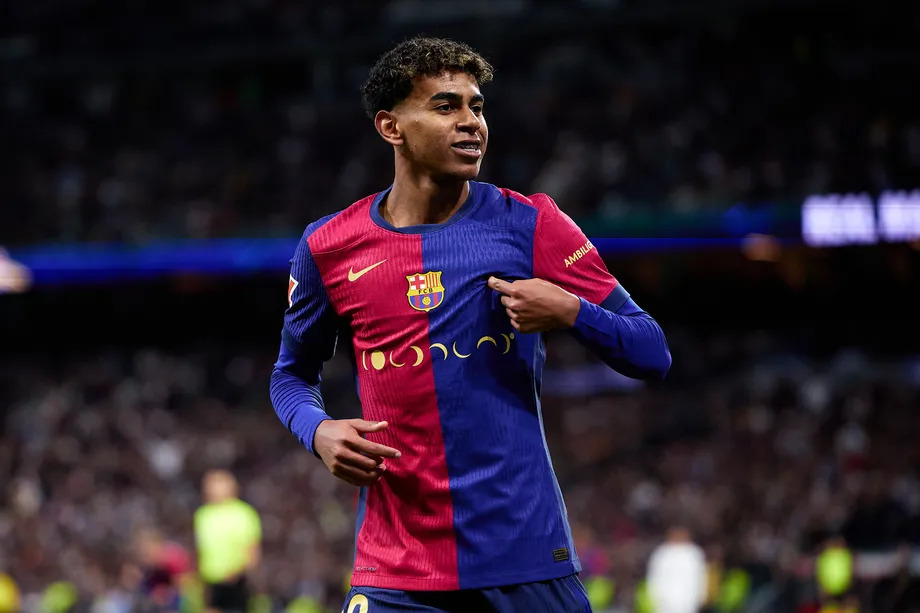In the era of world football, few clubs carry the weight of glorious history and expectation quite like FC Barcelona. Since their iconic treble-winning season in 2014–15 under Luis Enrique, where they conquered La Liga, Copa del Rey, and the UEFA Champions League, Barcelona fans have longed for a return to the elite heights of European football. Barcelona’s recent history has been shadowed by their Champions League defeat, but their dominance at home continues to thrive.
Barcelona continued to dominate Spanish competitions after the 2015 UCL victory, winning five La Liga titles (2015–16, 2017–18, 2018–19, 2022–23, and 2024–25), four Copa del Rey trophies, and numerous Supercopa de España championships. However, their recurrent failures on the European scene were not concealed by these local triumphs. Heartbreak and disappointment progressively characterized the club’s Champions League campaigns, from humiliating eliminations at the hands of Atletico Madrid and Juventus to the notorious collapses against AS Roma and Liverpool. The 8–2 quarter-final defeat to Bayern Munich in 2020 remains one of the darkest nights in the club’s history. In both the 2021–22 and 2022–23 seasons, Barcelona were even relegated to the Europa League after finishing third in their Champions League group—a stunning fall from grace for a club once feared across the continent.
Off the pitch, things were equally turbulent. Club legend Lionel Messi was forced to leave Barcelona in 2021 due to a severe financial crisis, leaving a long-lasting strategic and emotional imbalance. Managerial instability followed, with a revolving door of coaches including Quique Setién, Ronald Koeman, and Xavi, until the appointment of German tactician Hansi Flick in 2024 brought some stability and renewed hope. But in the middle of all this turmoil, one thing never changed: La Masia, FC Barcelona’s beating heart. The club’s famed youth academy continued to produce top-tier talent, with stars like Pedri and Gavi making waves. But none have captured the imagination quite like 17-year-old wonderkid Lamine Yamal. Emerging as a bright light in a transitional era, Yamal’s meteoric rise has reignited hope that Barcelona may have found a true successor to Lionel Messi.

Yamal’s 2024–2025 season has been nothing short of extraordinary. In 54 appearances for Barcelona across all competitions, he scored 18 goals and provided 25 assists, becoming one of the most decisive players in the squad. His creativity, composure, and ability to change games single-handedly have drawn comparisons to a young Messi, but Yamal is forging a legacy all his own. Playing primarily on the right wing, he dazzled opponents with his dribbling, vision, and football IQ well beyond his years. His efforts were instrumental in Barcelona securing a domestic treble—La Liga, Copa del Rey, and Supercopa de España—under the guidance of Hansi Flick.
Individually, Yamal’s impact has been widely recognized. He won the 2024 Golden Boy and Kopa Trophy awards and finished 8th last year in the Ballon d’Or rankings—the youngest ever to break into the top 10. His growing influence extends to the international stage as well, where he is quickly becoming a key figure for Spain’s national team.
Despite everything, the Champions League trophy remains elusive.. Barcelona once again fell short in Europe, losing to Inter Milan in the semi-finals and extending their wait for European glory to ten years.
The question now being asked is not whether Lamine Yamal is talented—that much is clear—but whether he is the one who can bring Barcelona back to the pinnacle of world football. The weight of Messi’s legacy is immense, but Yamal’s trajectory suggests he has the talent, temperament, and drive to lead the club into a new golden era. He is not just seen as a promising player—he is already a cornerstone of Barcelona’s present and a symbol of what could be a glorious future.
Perhaps Lamine Yamal could bring back the magic in a club that is in dire need of a new hero.




